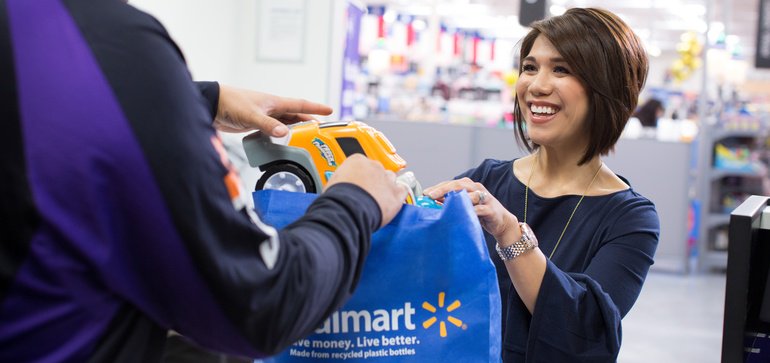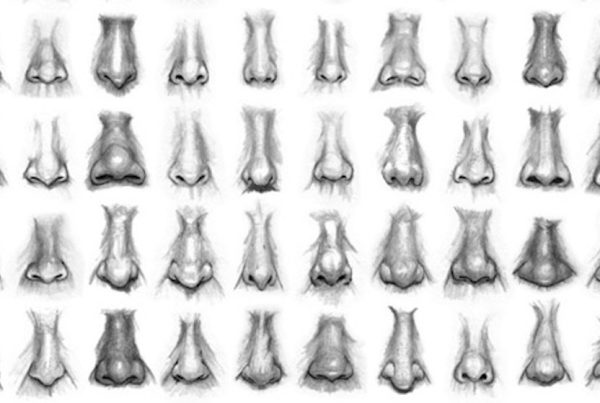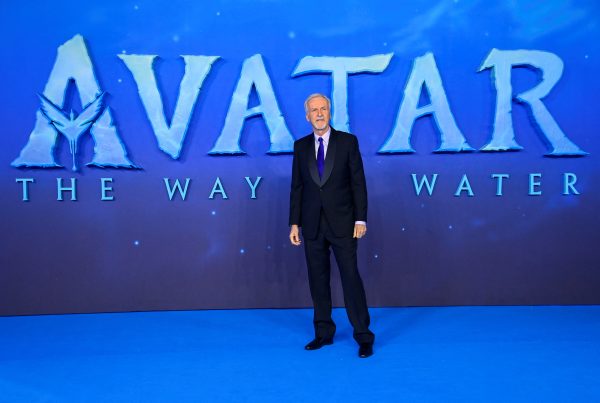- Walmart applied for two patents that show how the chain plans to create a “virtual retail showroom” and fulfillment system that would let customers shop in a computer-generated version of its stores, Bloomberg reported.
- Consumers wearing virtual reality (VR) headsets and sensory gloves would have the sensation of walking through product aisles and picking out items for home delivery, the filings with the U.S. Patent and Trademark Office detail.
- The applications cite several examples of how the system would display and demonstrate virtual renditions of products. Through the platform, shoppers looking to buy a lawnmower could see several brands and be shown related products such as hedge trimmers. A virtual table setting could show how various china, glasses and centerpieces might look together before shoppers make a purchase.
Insight:
Despite the fact that VR technology has been in development for years, it’s been somewhat slow to catch on, as it’s expensive for companies to develop and has yet to prove its value to consumers. That said, Walmart has filed more than a dozen VR patents, Zoe Leavitt, a managing analyst at patent researcher CB Insights, told Bloomberg. Most of those patents are focused on internal operations, such as training employees to handle the onslaught of Black Friday shoppers, per Quartz. But now, it appears that the retail giant may be shifting gears and focusing on bringing that immersive tech to shoppers.
Walmart over the years has worked to expand its digital presence and ramp up convenience for customers through technology, especially as tech giants like Amazon continue to creep into brick-and-mortar retail with its cashierless stores. Years ago, the company launched its mobile Scan & Go service that let customers pay for items while they browsed stores and skip the checkout line. It ended the feature in May — just four months after it said it would expand the service — because few customers actually used the mobile self-checkout capability. While this demonstrates that Walmart doesn’t shy away from experimenting with new mobile technology, it proves that it can still be challenging to convince customers to adopt new tech and alter their shopping habits.
Walmart has made a series of acquisitions to expand its e-commerce and VR capabilities. Walmart in February bought Spatialand, a startup that makes software tools to create VR experiences, and added the company to its in-house tech incubator, Store No. 8.
Meanwhile, Amazon also may have ambitions surrounding VR, given that the company last year sought to hire a creative director who would “envision the future of Amazon’s VR solutions and guide our creative and technical teams to produce compelling, world-class experiences,” Variety reported.













